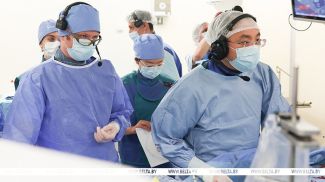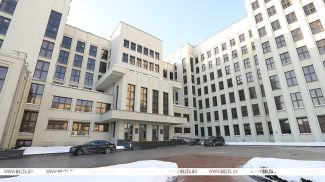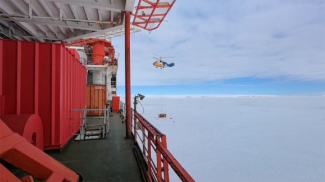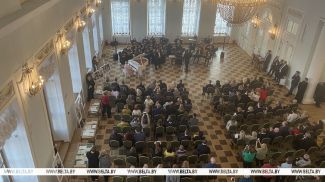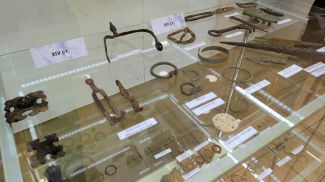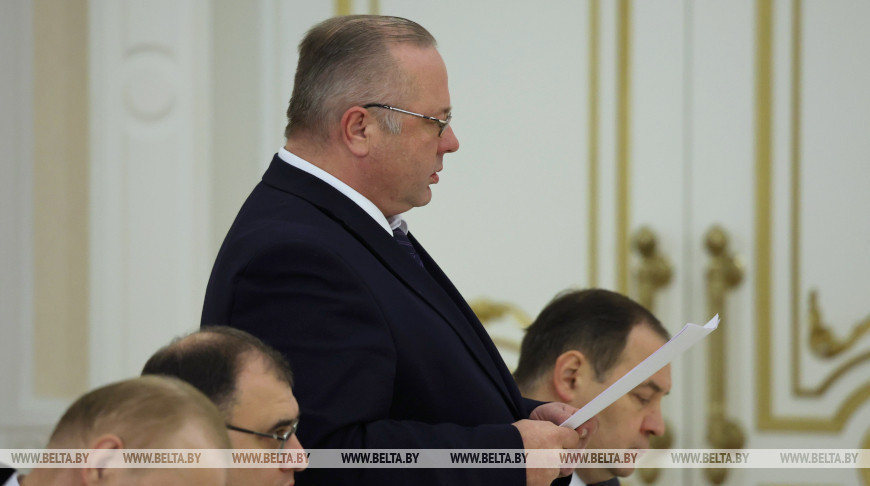
The working group analyzed the practical approach and efficiency of scientific research and developments of the NASB.
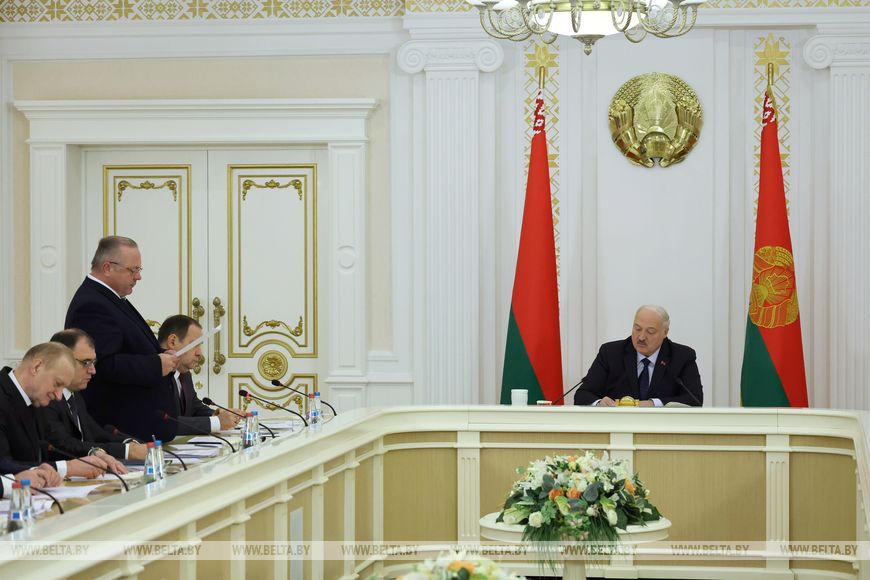
When speaking to journalists after the event, Vasily Gerasimov emphasized: “Of course, we cannot say that our science does nothing or that it has achieved nothing. It has. But it could have achieved more during this time. And the head of the state has set the task that we pick up pace”.
At the meeting, the head of the working group revealed a number of other shortcomings and problematic moments in the work of the scientific community and specifically NASB.
For example, the developments of the Academy of Sciences do not have a significant impact on import substitution. A significant part of the work is performed for the NAS institutes' own needs or is used only at their own facilities, i.e. it is not scalable. The State Committee on Science and Technology, in turn, has not yet managed to build an effective management of the innovation sector. Vasily Gerasimov stated that the Council for Strategic Projects has not yet fulfilled its functions.
There are also questions about the distribution of budget funding within the NASB. The members of the working group believe that a much higher percentage should be designated for practice-oriented programs.
In part, this situation may be related to the need to maintain the Academy's cumbersome structure, which is inefficient in itself. It includes more than a hundred legal entities, but the state production associations created in the NASB system sometimes fail to fulfill the management functions assigned to them.
Vasily Gerasimov also pointed to the existence of different approaches to the evaluation of the results of scientific programs. The evaluation criterion is set only for scientific and technical programs.
“The Academy, acting as a customer of sectoral programs instead of ministries, struggle to promote the developed products and to ensure proper payback of budgetary funds,” the head of the group noted.
There are also issues in the personnel policy. Here there are issues related to the share of researchers with advanced degrees, and also the personnel rejuvenation strategy. In some cases, these issues arise partly due to a lack of financial incentives.
Ways to rectify the situation
Vasily Gerasimov voiced a number of proposals developed by the working group. In the future, they will be considered at the general meeting with scientists. The president of Belarus announced the plans to hold the meeting and gave the instructions to prepare for it in order to jointly come to a final result.
The first proposal is to approve the priority areas of scientific, scientific-technical and innovative activity at the level of the head of state. They will make the basis of state programs of scientific research and scientific-technical programs for the next five years.
The corresponding draft decree after finalization will be submitted to the head of state for consideration.
“This decree, becoming the basis for scientific and innovation activities, will ensure that scientific priorities are taken into account in the formation of sectoral strategies, programs and innovation projects,” Vasily Gerasimov explained.
Secondly, it is proposed to instruct the Council of Ministers to organize control over the presence of a scientific and technical block in the sectoral strategies of ministries for scientific research, scientific and technical programs. It was also proposed to make changes to the current order of developing fundamental programs of scientific research, and to determine the conditions for the academy to direct not less than half of the budget funding for the implementation of work in the interests of industries.
“It is necessary to determine the criteria for assessing the effectiveness of scientific research programs, the parameters of which should be approved during their formation for next five years. For example, the percentage of transition of completed fundamental research into scientific and technical programs. This will create a basis for the implementation of scientific developments in production. We need to identify significant results of scientific research that can be implemented without including in scientific and technical programs. We need to involve young scientists in scientific teams. This will contribute to attracting young talent to science. We should determine the number of doctor's and PhD's theses prepared on the basis of scientific research," the head of the group listed the proposals.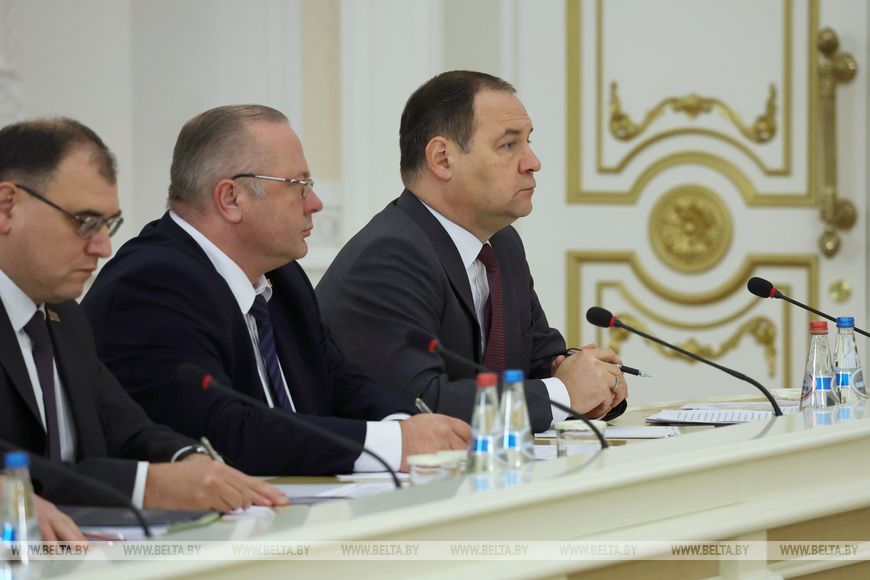
Third, the ministries have been proposed to work out at least one significant R&D program to form a new economy of the country and at least one significant project to be included into the state innovative development program for the next five years.




